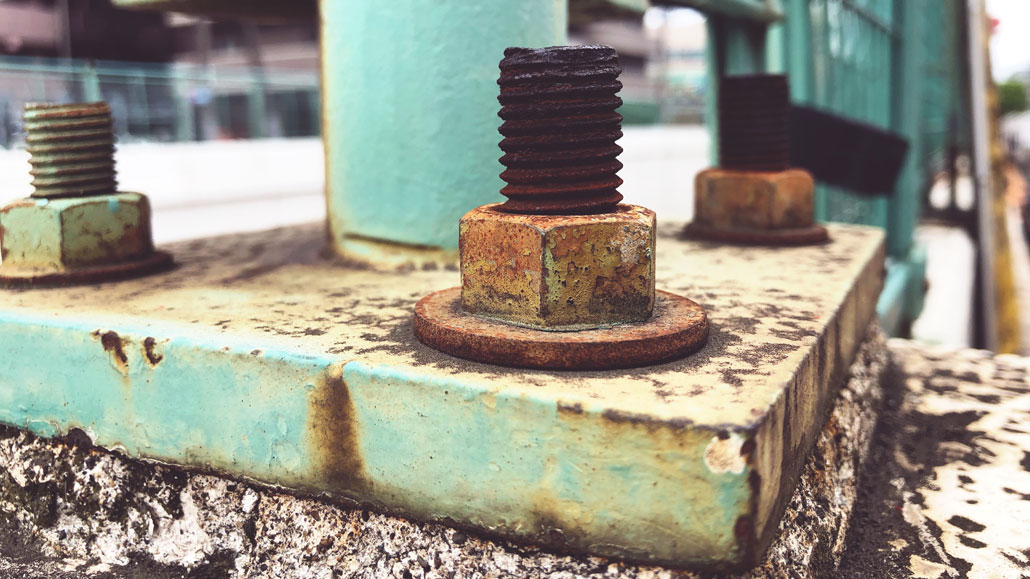atom: The basic unit of a chemical element. Atoms are made up of a dense nucleus that contains positively charged protons and uncharged neutrons. The nucleus is orbited by a cloud of negatively charged electrons.
chemical: A substance formed from two or more atoms that unite (bond) in a fixed proportion and structure. For example, water is a chemical made when two hydrogen atoms bond to one oxygen atom. Its chemical formula is H2O. Chemical also can be an adjective to describe properties of materials that are the result of various reactions between different compounds.
chemical reaction: A process that involves the rearrangement of the molecules or structure of a substance, as opposed to a change in physical form (as from a solid to a gas).
electron: A negatively charged particle, usually found orbiting the outer regions of an atom; also, the carrier of electricity within solids.
metal: Something that conducts electricity well, tends to be shiny (reflective) and is malleable (meaning it can be reshaped with heat and not too much force or pressure).
molecule: An electrically neutral group of atoms that represents the smallest possible amount of a chemical compound. Molecules can be made of single types of atoms or of different types. For example, the oxygen in the air is made of two oxygen atoms (O2), but water is made of two hydrogen atoms and one oxygen atom (H2O).
oxidation: (adj. oxidative) A process that involves one molecule’s theft of an electron from another. The victim of that reaction is said to have been “oxidized,” and the oxidizing agent (the thief) is “reduced.” The oxidized molecule makes itself whole again by robbing an electron from another molecule. Oxidation reactions with molecules in living cells are so violent that they can cause cell death. Oxidation often involves oxygen atoms — but not always.
particle: A minute amount of something.
redox: A short-hand term in chemistry for reactions that involve reduction and/or oxidation (the reducing and oxidizing of chemicals). These are changes that occur with the gain and/or loss of an electron. When something is reduced, one of its atoms gains an electron — to become stable — by stealing it from another atom or molecule. A compound used to offer up that needed electron is known as a reducing agent.
reduction: (in chemistry) A process in which an atom gains an electron by stealing it from another atom or molecule. Reduction is the opposite of oxidation.








